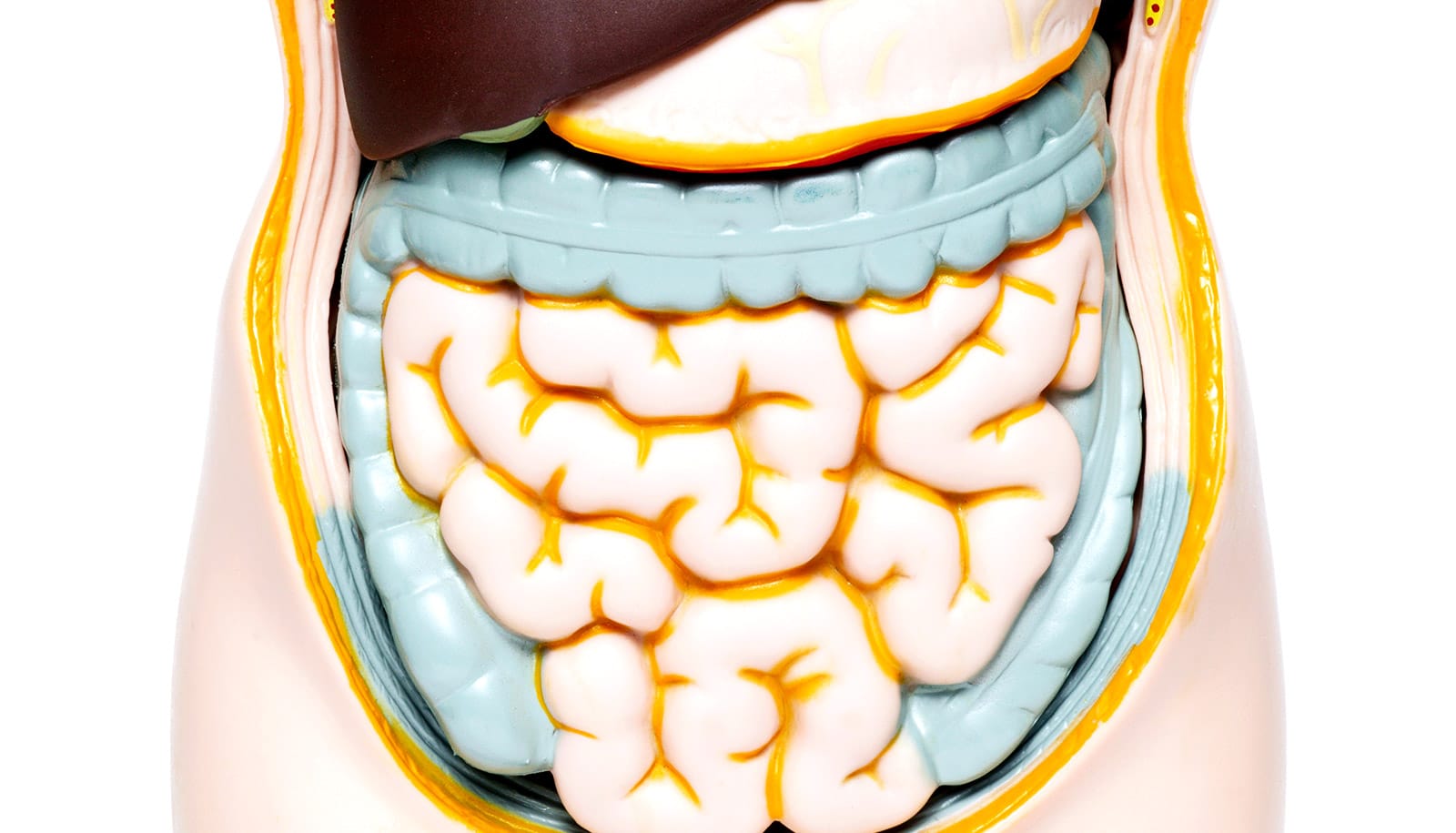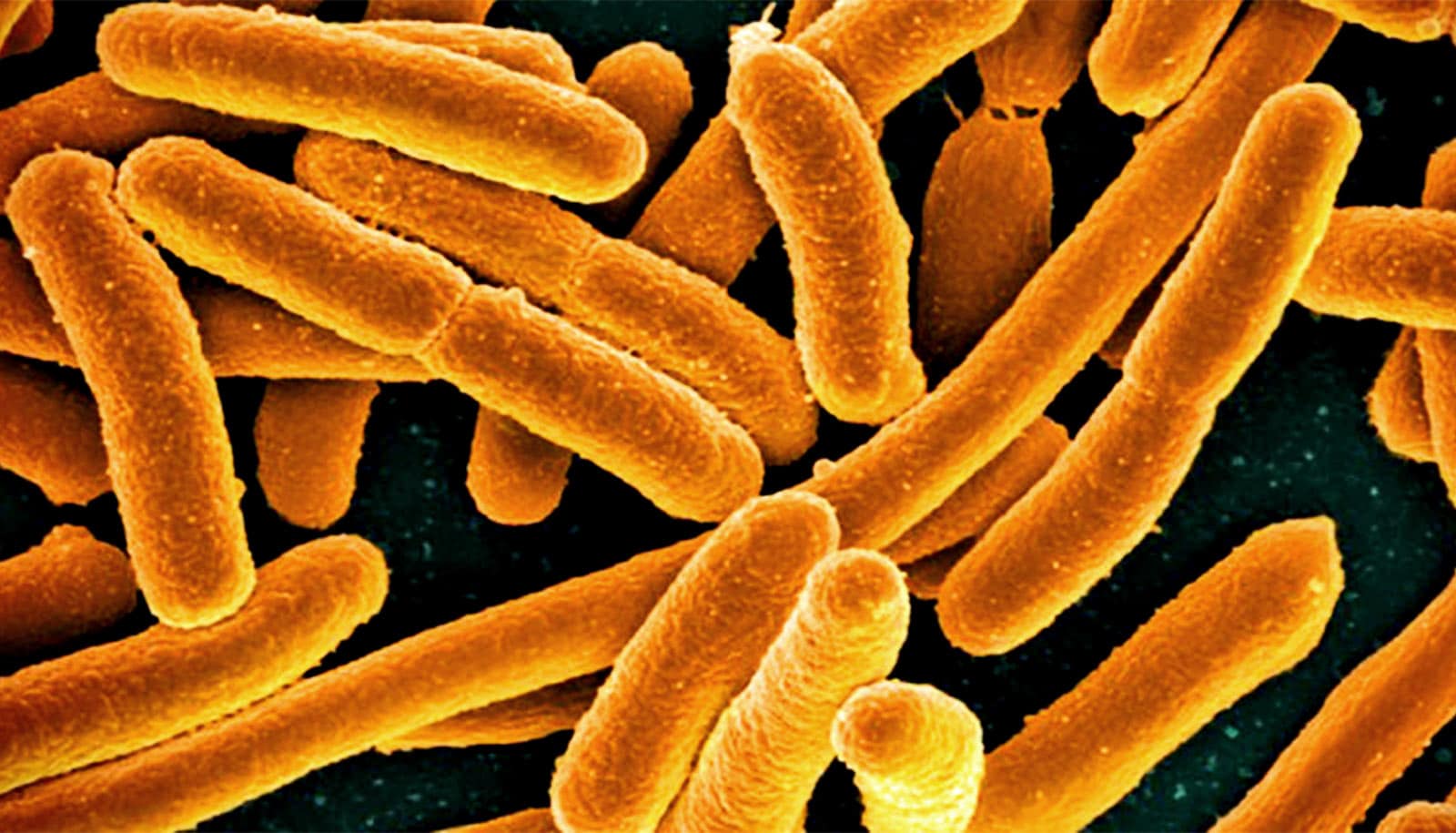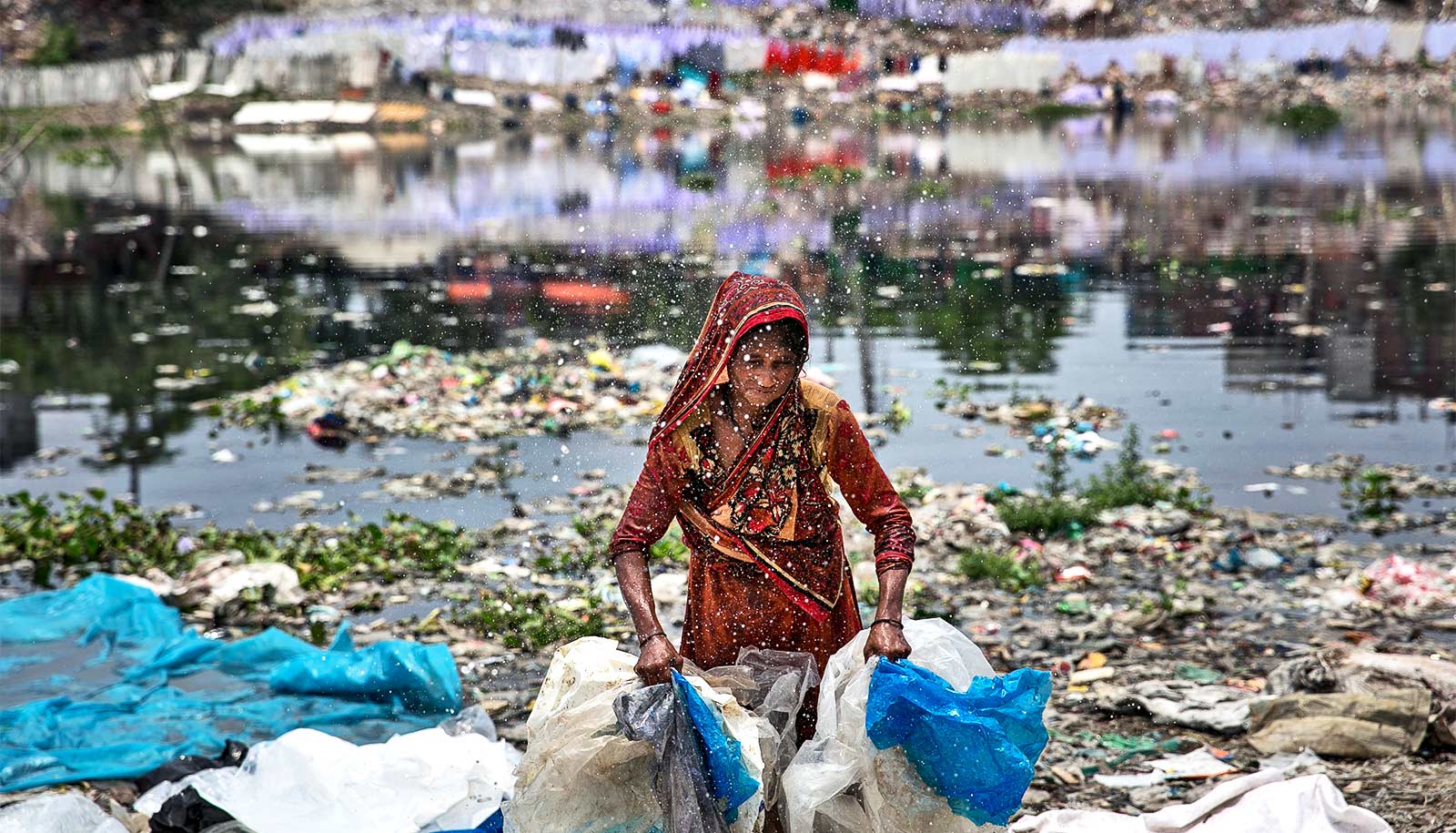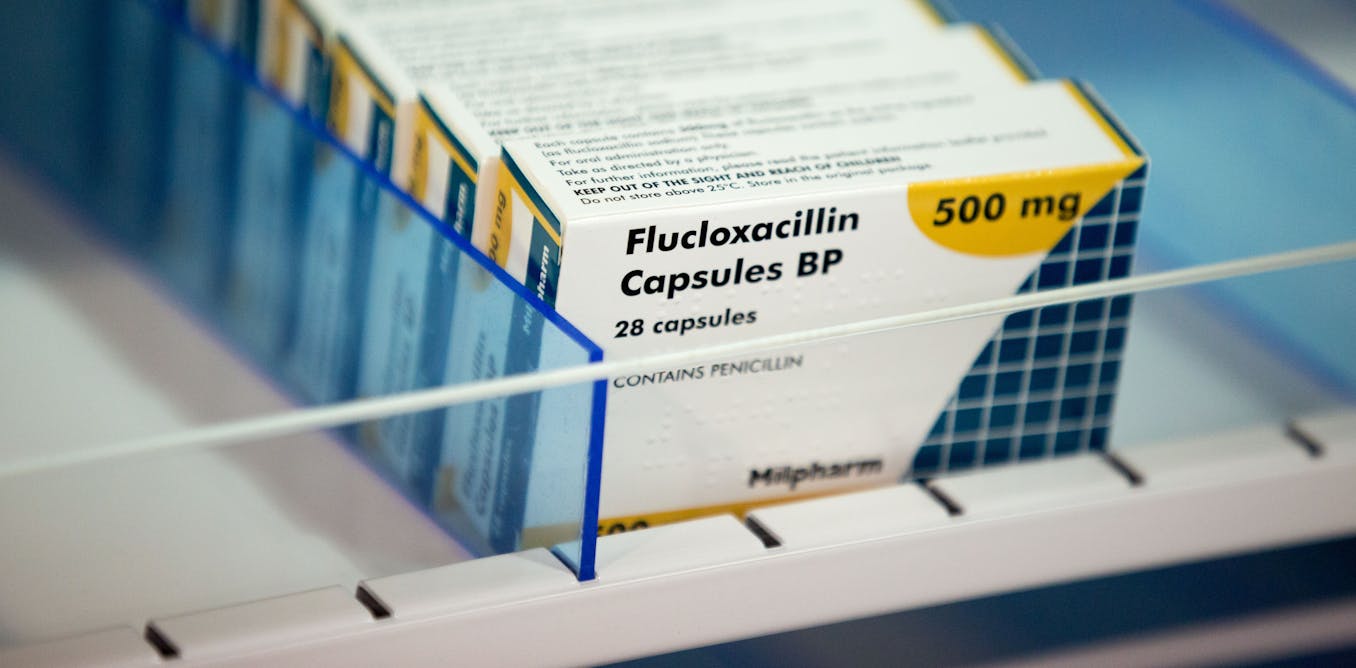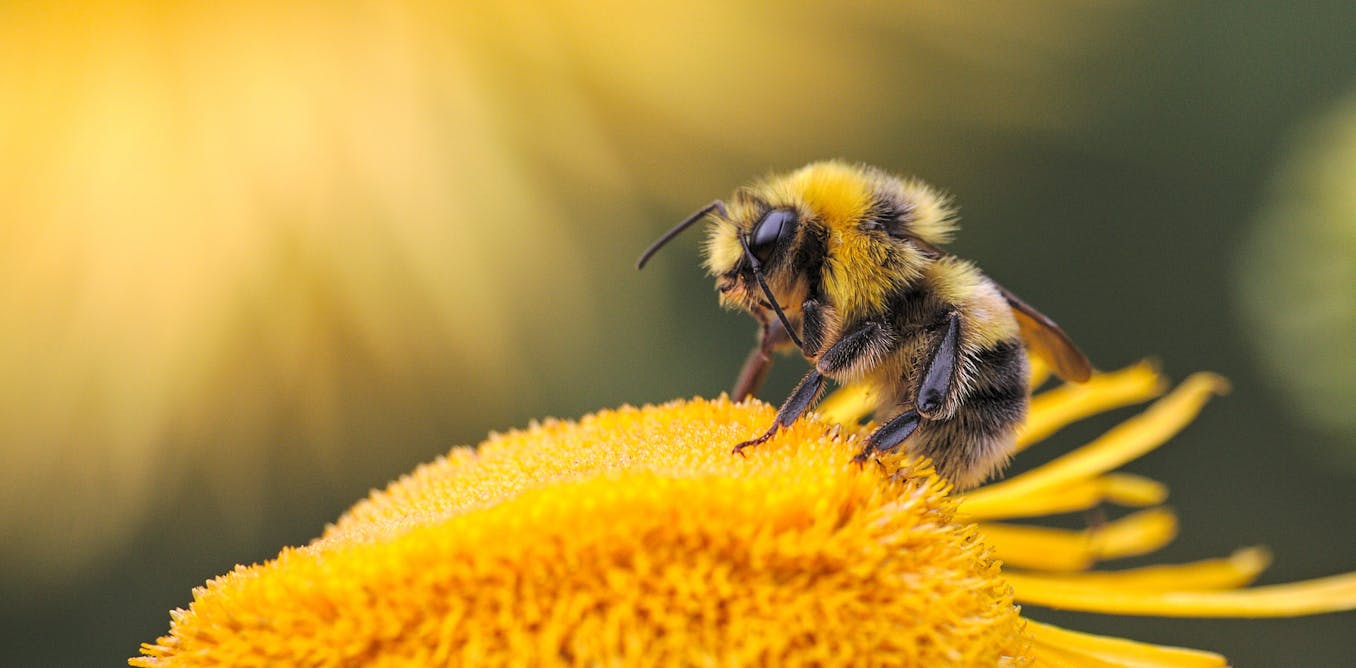Chronic Lyme disease – does it exist?
Many patients without a diagnosis of Lyme disease report a constellation of symptoms, sometimes for years. Does chronic Lyme disease exist?
John Nathaniel Aucott, Director of the Johns Hopkins Lyme Disease Research Center, Associate Professor of Medicine, Johns Hopkins Medicine
• conversation
May 21, 2020 • ~9 min
May 21, 2020 • ~9 min
Coronavirus: heavy use of hand sanitisers could boost antimicrobial resistance
Misuse of common cleaning products or hand sanitisers can lead to antimcrobial resistance in bacteria.
Winston Morgan, Reader in Toxicology and Clinical Biochemistry, University of East London
• conversation
April 17, 2020 • ~6 min
April 17, 2020 • ~6 min
Bees seeking bacteria: How bees find their microbiome
Humans obtain bacteria through the foods they eat. But how do bees collect bacteria that live in and on them? And where do they pick up these microbes?
Lila Westreich, PhD Candidate, School of Environment and Forest Sciences, Seattle, Washington, University of Washington •
conversation
April 14, 2020 • ~8 min
April 14, 2020 • ~8 min
Here's why soil smells so good after it rains
That smell you detect after it rains is part of a chemical language between bacteria and animals.
Paul Becher, Associate professor in Chemical Ecology, Swedish University of Agricultural Sciences
• conversation
April 8, 2020 • ~6 min
April 8, 2020 • ~6 min
A small trial finds that hydroxychloroquine is not effective for treating coronavirus
The president promoted the combination of hydroxychloroquine and an antibiotic for treating COVID-19. But a new study suggests it provides no benefits.
Katherine Seley-Radtke, Professor of Chemistry and Biochemistry and President-Elect of the International Society for Antiviral Research, University of Maryland, Baltimore County
• conversation
April 3, 2020 • ~5 min
April 3, 2020 • ~5 min
/
19

